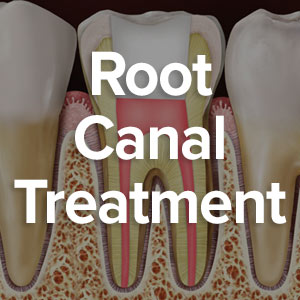
What does November make you think of? Pumpkins? Turkeys? Dry leaves and frosty mornings? How about cigarette butts?
If you’re wondering about the last item, remember that November 15 is the date of the Great American Smokeout—a day set aside for those who want to take the first steps toward quitting the tobacco habit. While the percentage of smokers in the U.S. has dropped to less than 16% in recent years, according to the American Cancer Society there are still some 38 million Americans who smoke cigarettes. Smoking causes over 480,000 deaths every year, and is the leading preventable cause of death in the U.S.
Even if it doesn’t kill you, the effects of tobacco use can be devastating to your entire body—including your mouth. Whether you smoke cigarettes or use chewing tobacco, your risk of oral cancer is greatly increased, as is your chance of developing periodontal (gum) disease. What’s more, smoking can mask the symptoms of gum disease, so your condition is actually worse than it appears. Severe gum disease is one reason why smokers tend to lose more teeth than non-smokers.
In addition, because smoking interferes with the natural healing process, smokers have a much greater chance of dental implant failure. Tobacco use also can lead to increased amounts of plaque, which results in tooth decay and other oral health problems. It also stains your teeth, reduces your senses of smell and taste, and gives you bad breath.
Ready to quit yet? If so, there are lots of resources to help you on the road to a healthier life. The American Cancer Society, sponsor of the Smokeout, can help you make a plan to quit tobacco—and stay off it. It’s not easy, but over a million Americans do it every year. See their website for more information, plans and tips on quitting. Your health care professionals are also a great source of information and help when it’s time to get off the tobacco habit. Feel free to ask us any questions you may have.
And here’s the good news: The moment you quit, your body begins to recover from the effects of tobacco use. In just one year, you’ll have cut your risk of heart attack and stroke in half. After 5 to 15 years, your risk of stroke, coronary heart disease, and several other conditions is the same as someone who has never smoked.
If you have questions about smoking and oral health, please contact our office or schedule a consultation. To learn more, read the Dear Doctormagazine articles “Smoking and Gum Disease” and “Dental Implants and Smoking.”




No comment yet, add your voice below!